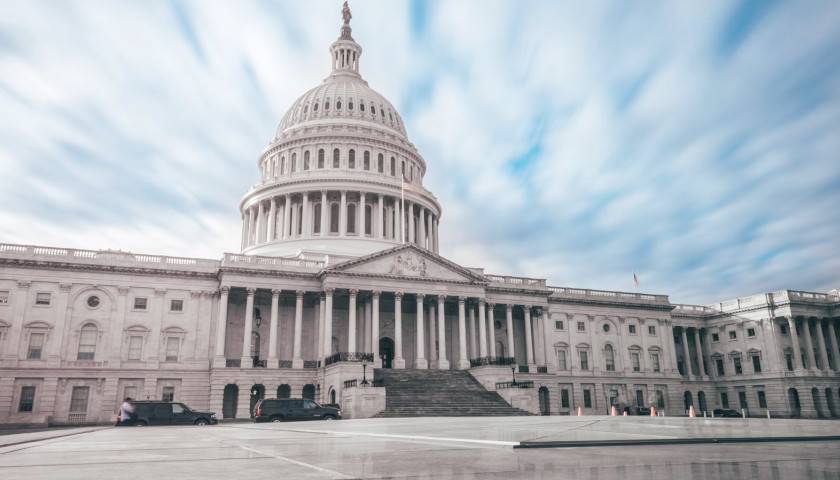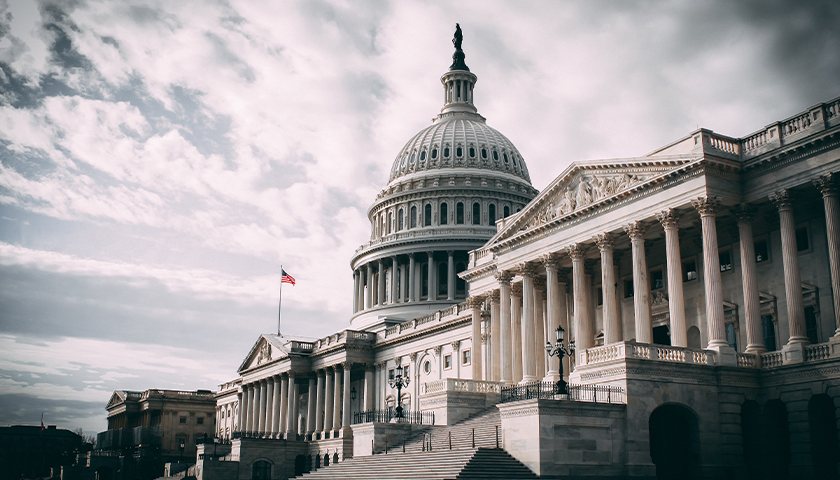The U.S. Department of Defense is under scrutiny for refusing to release records about exactly how spending on Diversity, Equity and Inclusion helps with national security.
The Center to Advance Security in America in May filed with the DOD a Freedom of Information Act Request, the legal pathway to obtain government documents. The FOIA sought to find out what DOD officials estimate is the real impact on national security of DEI spending, for which Congress approved $86.5 million in fiscal year 2023.
Read More



















